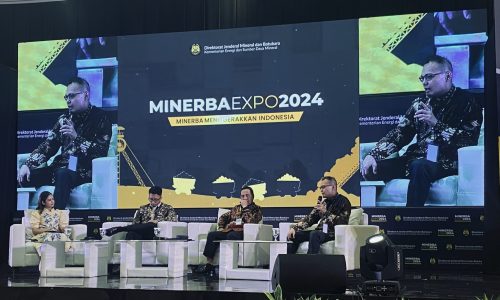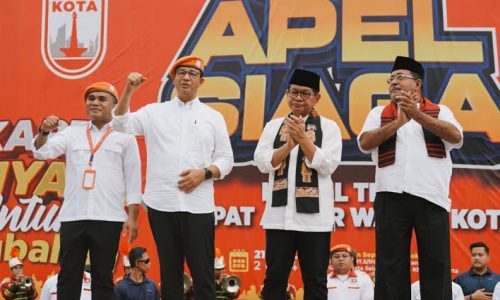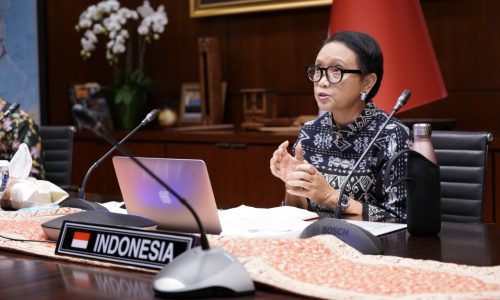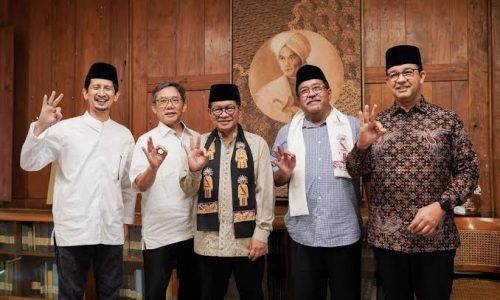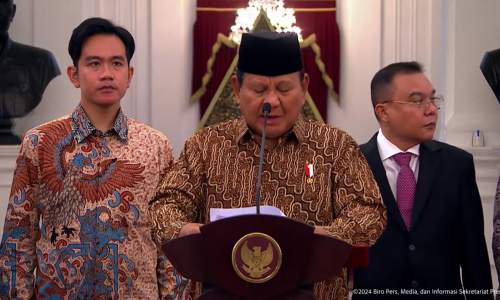A senior executive with Gerindra Party has ensured that President-elect Prabowo Subianto will maintain the country’s free-and-active foreign policy in its international relations, focusing on promoting peaceful solutions in resolving international disputes, including conflict along the Korean Peninsula.
“From the moment Prabowo is sworn in as president, Indonesia will stick to the principle of a thousand friends are too few and one enemy is too many,” Director of Foreign Relations of the Gerindra Party, Irawan Ronodipuro, told a seminar on “Strategic Crossroads: Navigating the North Korean Challenge in East Asia Security and Indonesia’s Foreign Policy” in Jakarta on Friday, May 31, 2024.
“Indonesia will prioritize peaceful negotiations and diplomatic cooperation in resolving the Korean issue,” he said.
Ratih Indraswari, a lecturer in International Relations at the Bandung-based Parahyangan University, said that the series of nuclear and missile tests by North Korea under Kim Jong-un are negotiating instruments and deterrents for the survival of his government.
“North Korea seems to continue to use nuclear weapons as its foreign negotiation tool, eventhough it is actually very dependent on China and also Russia for its economic survival and weapons technology development,” Ratih said.
She said further that one foreign policy option for Indonesia is to play a role in promoting peace on the Korean peninsula together with the U.S. and South Korea in the context of trilateral pressure.
Hariyadi Wirawan, a lecturer at University of Indonesia, argued that North Korea is still open to discussions with the international community.
“China, South Korea and Japan have also held joint discussions to seek an agreement in dealing with North Korea. The trilateral talks took place because China, Japan and South Korea did not want to lose the initiative in dealing with North Korea as they did not want the initiative to be held by the United States,” Hariyadi said.
Irawan Ronodipuro said it is possible that Prabowo will invite Kim Jong-un to visit Indonesia and rebuild the emotional relationship between leaders of the two countries as it once existed.
“With strong emotional connection between the two leaders, Indonesia will be able to play a good mediating role in efforts to reconcile tensions in East Asia,” he said.
Meanwhile, Beni Sukadis of the Indonesia Institute for Defense and Strategic Studies (Lesperssi) emphasized that world governance has changed since the end of the Cold War.
“With the rise of China and the waning hegemony of the United States after the dissolution of the Soviet Union, Indonesia must take a role in changing world governance so that national interests can be fought for and Indonesia is no longer just a collateral,” Beni said.
“As a middle power, Indonesia can contribute with various steps and efforts of diplomacy and cooperation with countries that have common interests,” he concluded.



